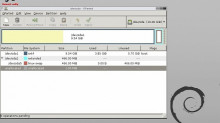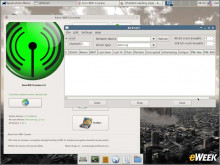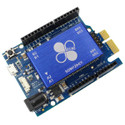How to deploy a web application quickly with Ubos on Raspberry Pi
Ubos, which translates to "You are the boss", is a platform to help intermediately skilled users set up a home server and deploy web apps on it in a most automated way. Ubos puts you in the driver seat without knowing the details of the motor. On the other hand, it does not keep you from exploring the depths of the system.
Ubos is based on Arch Linux. Do not let this scare you away. Ubos reduces administrating the platform and deploying web apps to a mere handful of commands. That also means there is no GUI, it is simply not needed.













































































